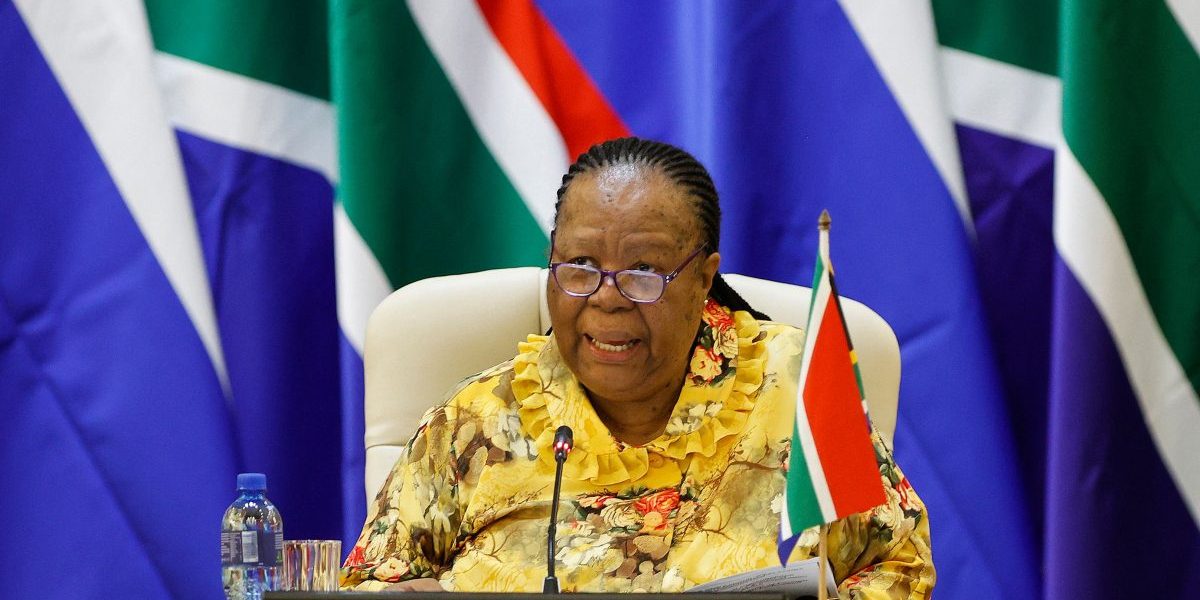IBSA and Germany United: respondents in India, Brazil and South Africa (IBSA) identify a different foreign policy challenge as most important for each country – climate change for Brazil, relations with China for India, the war in Ukraine and the Middle East for South Africa – as well as international trade for all three. These are global concerns and respondents in Germany share them.
Another basis for meaningful engagement is that respondents in all four countries have high hopes for the G20. This is notable because it is an informal body with a diverse membership but no budget or permanent bureaucracy. The IBSA respondents also show considerable interest in reforming the United Nations Security Council (UNSC) through expansion. While Germany also wants to reform it, German respondents are just as inclined to see it replaced instead.
IBSA and Germany Divided: respondents in Germany mention the wars in Ukraine and the Middle East as well as strained relations with China as the most pressing foreign policy challenges for their country, but they do not rank international trade high. They want to support Ukraine, stand firmly on the side of the United States, perceive the dominance of the US-dollar in international trade and finance as favourable and are critical of BRICS+ as a forum for economic and political cooperation as well as of its expansion.
These aspects divide them from the IBSA respondents, who perceive international trade as a foreign policy challenge, prefer to mediate between Russia and Ukraine instead of supporting either, view the dollar’s dominance unfavourably and are optimistic about BRICS+. But even in IBSA, some are critical of the group’s expansion to include the likes of Iran.
Dilemmas for Germany and the West: some of these divides place Germany and the West in a difficult position. They have made efforts to persuade emerging middle powers to take a clearer stance against Russia and support sanctions against it. The survey shows that majorities in IBSA prefer their country to mediate. The understanding of when the time is right for this differs between the West and IBSA.
While the survey indicates that IBSA does not want to operate on the logic of formal alliances, Germany rejects the idea of a pick-and-choose approach in foreign policy.
Beacons of Hope: despite frustration with the most inequitable international institutions, such as the UNSC or the International Monetary Fund, emerging middle powers are not in a doomsday mood when it comes to multilateralism, international cooperation and global governance.
Recommendations for Germany and the West: Germany and the West must listen beyond their echo chambers, accept different views, respect the agency of emerging middle powers rather than seeing them as pawns in the game of great powers, and ensure equal partnership in a restructured rules-based international order. If Germany truly wants to treat them as ‘powers of global consequence’, as the head of policy planning in the Federal Foreign Office says in his article, it must support emerging middle powers in taking their seat at the new global high table. At the same time, Germany and the West could respond positively to their interest in acting as mediators between Russia and Ukraine when the time is right, given their experience in this in their own regions.
Instead of seeing them as battlegrounds for geopolitical rivalries, Germany and the West must reform and align their approach with the aspirations of emerging middle powers for rapid economic and sustainable progress. Not forcing them to choose sides is part of this. China enables emerging middle powers to balance their relationship with the United States, and its cooperation with many of them explains why its influence is viewed positively in Brazil and South Africa.
Even if forming alliances is out of reach, the survey highlights niches for multilateral cooperation. The implementation of the 2030 Agenda with a shared commitment to technology transfer, intellectual property right waivers and global public investment with equitable contributions, benefits and governance mechanisms is an opportunity to strengthen multilateral institutions and bridge the gaps between the West and emerging middle powers.
This report is published by Körber-Stiftung and available here.








